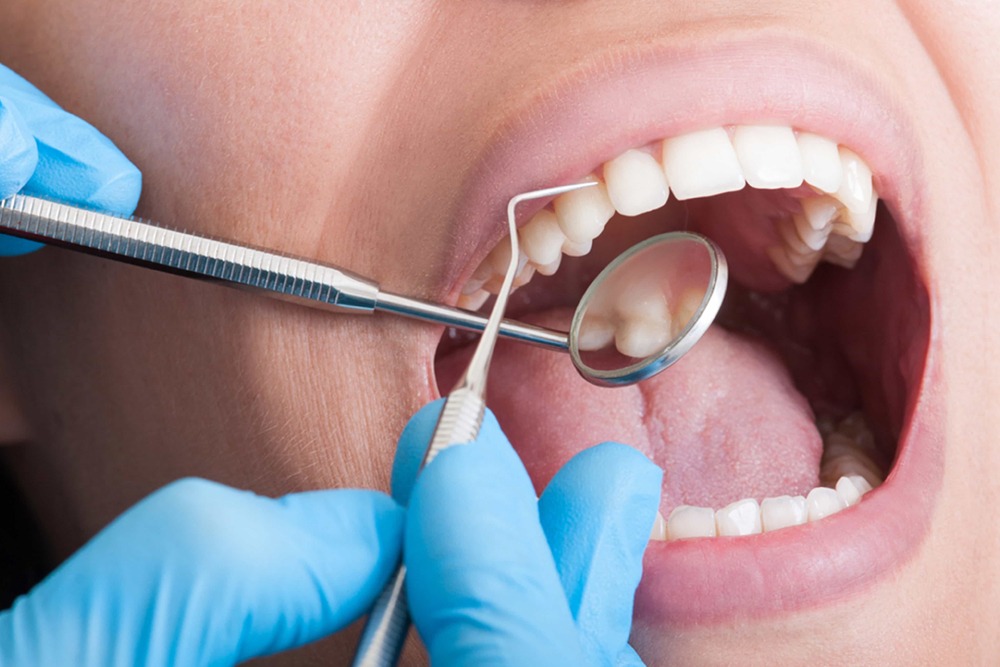Root canal therapy, while often feared, is a common dental procedure aimed at relieving severe tooth pain caused by infection or damage to the tooth’s pulp. Despite its effectiveness in addressing the underlying issues, some patients may experience lingering discomfort following the procedure. Let’s delve into the factors that contribute to post-root canal pain and how it can be managed.
Understanding Root Canal Therapy:
Before delving into post-treatment pain, it’s essential to understand what root canal therapy entails. During this procedure, a dentist or endodontist removes the infected or inflamed pulp from the tooth, cleanses and disinfects the root canal space, and seals it to prevent further infection. While the primary goal is to alleviate pain and save the natural tooth, it’s not uncommon for patients to experience some discomfort during the recovery period.

Possible Causes of Post-Root Canal Pain:
Inflammation: Despite the removal of infected pulp, some inflammation may persist in the surrounding tissues, leading to discomfort. This inflammation typically subsides within a few days as the body heals.
Tissue Irritation: During the procedure, dental instruments are used to clean and shape the root canal space. This can cause temporary irritation to the surrounding tissues, resulting in mild soreness or sensitivity.
Infection: In some cases, the initial infection may not have been fully eradicated, leading to persistent or recurring pain. This is more likely to occur if the tooth was severely infected or if there are additional canals that were not adequately treated.
Cracked or Fractured Tooth: If the tooth was already weakened by decay or trauma, it may be prone to cracking or fracturing after root canal therapy. This can result in persistent pain and may require additional treatment to address.
High Filling: Occasionally, the filling used to seal the root canal space may be too high, causing uneven pressure when biting down. This can lead to discomfort and may require adjustment by the dentist.
Managing Post-Root Canal Pain:
While some degree of discomfort is normal after root canal therapy, there are several ways to alleviate it:
Over-the-Counter Pain Medication: Non-prescription pain relievers such as ibuprofen or acetaminophen can help alleviate mild to moderate pain. Be sure to follow the recommended dosage instructions.
Prescription Medication: In cases of severe pain or inflammation, your dentist may prescribe stronger pain medication or antibiotics to manage symptoms.
Cold Compress: Applying a cold compress to the outside of the cheek near the treated tooth can help reduce swelling and numb the area, providing temporary relief.
Soft Diet: Stick to soft foods and avoid chewing on the treated tooth until the discomfort subsides. This can help prevent further irritation and promote healing.
Follow-Up Appointments: Attend any follow-up appointments scheduled by your dentist to ensure proper healing and address any concerns or complications promptly.
Conclusion:
While it’s natural to experience some degree of discomfort after root canal therapy, persistent or severe pain should be addressed promptly by your dentist. At Esthetica Dental Chandigarh, our experienced team of root canal treatment doctors in Mohali is dedicated to providing exceptional care to alleviate your pain and restore your oral health. Contact us today to schedule an appointment and experience relief from tooth pain with our expert root canal treatment in Mohali.














